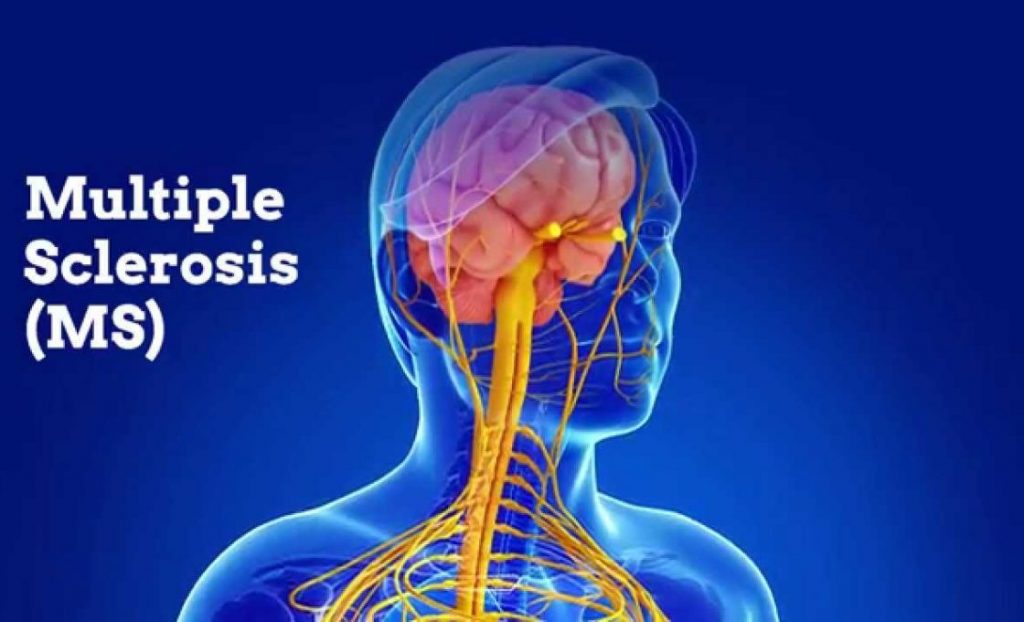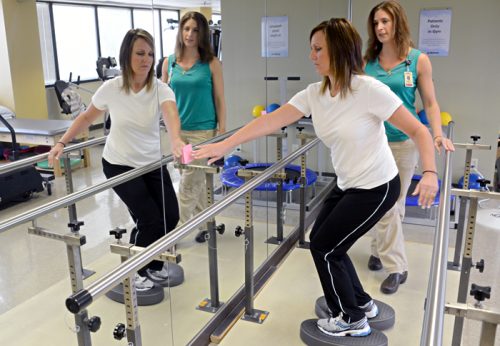Year: 2018
Staying Hopeful Despite My MS

Source: pixabay.com
I’m Heila, and I was diagnosed with MS just two years ago. Since then, people would always tell me not to lose hope and to practice positivity, but none of them has ever told me how. It actually frustrates me when they tell me this, saying something without really knowing what they’re talking about.
I soon realized that I myself had to seek ways to remain hopeful despite my illness. I’ve read about people like me who managed to live a happy life. They spend time with family and even travel with them, and I want that for myself too. I never want to sulk with sadness about something that I didn’t do – it just happened to me. I want to remain hopeful for my husband and my only daughter.
These are some of the ways that I have found and practiced to keep me hopeful and positive despite my chronic illness. I wish that if you or someone you know has MS, this will serve as a guide and inspiration to live the same way I do now.
Ways To Stay Positive Even With A Chronic Illness
- Prepare some positive statements to replace the negative ones. The vital point to remember is to be aware of your thoughts. Once you begin to drift away and think of guilt, anger, jealousy, or hatred, close your eyes, take a deep breath and compose a positive statement that would help you fight and win over the negative thoughts and feelings. “When you harness the power of positivity, it’s amazing the impact it has on your life. It can decrease stress and make every moment worth experiencing,” Tchiki Davis, Ph.D. wrote.

Source: pixabay.com
An example would be when your friends invite you over for a party, and you want to go home because it is very cold. You complain and regret why you went out with them, yet come to think of it. If you stayed home, you would stay awake all night watching television, bingeing, and crying over the cheating boyfriend who left you. And then you think, “Thank God that there’s only the cold that I need to tolerate – not the pain and the loneliness.”
- Be Grateful For The Small Successes. With an illness like multiple sclerosis, waking up in the morning feeling very little pain is something to thank for, so if you have a few days like these, be grateful. Smile. Sometimes, we tackle such big issues in life that we forget to appreciate the simple gifts – of family, shelter, television, and chocolates! When you contemplate on your day and you were able to smell the flowers in your garden, take an afternoon walk with your favorite coffee, joined your family for a wonderful dinner, then you have won over your illness – today. Tomorrow is another day, and you will try again. “Gratitude is an affirmation of the goodness in one’s life and the recognition that the sources of this goodness lie at least partially outside the self,” Robert A. Emmons, Ph.D. says.
- Take Control Over Your Stress. Everyone, including those who do not have a disease, is not spared from stress. They come in many forms. You may experience them at work, in school, relationships, and in my case, tackling a chronic illness. No one lives a stress-free life, no matter how much protein shake you drink and meditations you do. Andy Tix Ph.D. emphasized that, “In order to respond effectively to life stressors, we must realize we have at least some control—if nothing else, over our attitudes.”
Perhaps you can try and manipulate stress. When you encounter a new stress from a problem, decide whether it is something that you can change or do something about. If it’s something inevitable and there’s nothing you can do to modify it, then it’s really not something to be stressed about. It is a waste of your time, mental strength, and emotions.

Source: pixabay.com
Another strategy you can try is to use stress as a motivation. It makes you work harder to get a promotion. It can encourage you to study and get higher grades. And it can push you to fight and be more determined to survive and live happily despite your disease.
If these three suggestions do not work, please do seek help from a mental health professional. You will need all the physical, emotional and mental strength you can get in battling multiple sclerosis or other chronic diseases.
The Ultimate Guide To Improving Mental Wellness
One of the things that you must master at this point in your life is to improve your mental wellness continuously. Take note that your mental health can affect your daily mood as well as your drive to get things done. This is the primary reason why it is essential on your part to focus on how you can improve the state of your mind. Luckily, there are several ways on how you can accomplish this.

Continue reading “The Ultimate Guide To Improving Mental Wellness “
Hope For A Better Life With Multiple Sclerosis
Multiple sclerosis is an incapacitating disease that affects the brain and spinal cord. The immune system attacks the insulation surrounding nerve fibers causing its breakdown, thus, resulting in communication problems between the brain and areas of the body. “Uncertainty is one of the hardest parts of any progressive and unpredictable disease,” Ivan Molton, Ph.D. said.

Symptoms and Risk Factors
Statistics show that about 20% of people with multiple sclerosis have no or only mild symptoms.
Some of the early signs and symptoms could be:
- Balance difficulty
- Muscle aches and spams
- Weakness and fatigue
- Dizziness
- Bladder issues
- Sexual dysfunction
- Vision problems
- Cognitive problems
Progression and severity of the disease differs in each person depending on
- age at the initial onset of symptoms
- if on the initial symptoms, just one area of the body is affected
- if it affects mental function, motor control, or urinary control at the initial symptoms
Multiple sclerosis may be an incurable disease, but MS patients can have a lifespan as long as the general population. They just have to live a better life full of hope that their condition will improve because there are people who never lose confidence and never give up doing their best to find a cure. “People with MS benefit from having a comprehensive care team in place, and that oftentimes will include a mental health clinician Talk to your doctor who may be able to help or refer you for services,” Lauren Krupp, M.D., and Robert Charlson, M.D. wrote.
Hope in Stem Cell
The method is still in clinical trial and could be the future for MS treatment. It is a process of applying the patient’s stem cell by injecting it into the spinal fluid to restore limb function. The result of the trials was impressive with reports of improvement in the muscle function only after 24 hours, and after a few days, the patients can exercise and move just like before the diagnosis.
“There is an increasing body of evidence indicating that the effectiveness of such procedures is very good. The proportion of patients having gone through such a procedure having NEDA is unparalleled by other trials and ways of treating MS,” Jan Hillert, MD, PhD states.
Hope in OMS-7 (Overcoming Multiple Sclerosis 7-Step Recovery Program)
Professor George Jelinek formulated this program after his diagnosis of MS. This is a lifestyle and diet modification program combined with conventional medicine. This program aims to help people with MS to live a better life – healthier and longer – by reducing the chance of relapse and slowing the progression of the disease. This program gives hope to the MS patients that their function and symptoms still can improve.
Hope in Rehabilitation
Studies and research reveal that disabilities and impairment in function can improve through rehabilitation.
Trans-spinal direct current (ts-DC) is a technique used to promote motor responses by waking up weak muscles or lessening their activity when spastic. This method has resulted in many MS patients increasing their ability to rehabilitate their body.

Hope in Travel
There are people with MS who do travel as their therapy. People with MS have to plan early on so they will be ready and prepared before they travel, especially regarding their medications that they have to bring. They also need to make sure that they inform other people about their illness so that these people will know what to do in case of emergency. There’s no need to worry regarding ambulation because people with MS can go around with a cane, walker, scooter or wheelchair. Travel gives people with MS joy and makes them forget that they have an illness even for a short while. They never let their MS get in the way of enjoying life.
Hope in Meditating
Meditation helps a lot regarding keeping the feelings of uncomfortable tingling and prickling at bay. People with MS start to feel better, motivated, energetic and full of joy in their daily lives. Meditation reduces, if not entirely gets rid of, stress that can very well trigger a relapse.

MS could be debilitating but don’t let it be your end. There’s hope of a better life in every circumstance. You may sacrifice some areas of your life to adapt to a new lifestyle. You can accept this as a challenge and never give up as only you can do it for yourself. It’s never easy, but it is achievable. Just have faith and hope. If some people who have multiple sclerosis can overcome the disease, so can you.